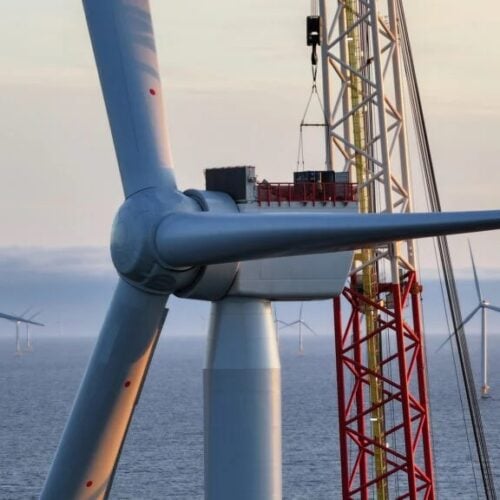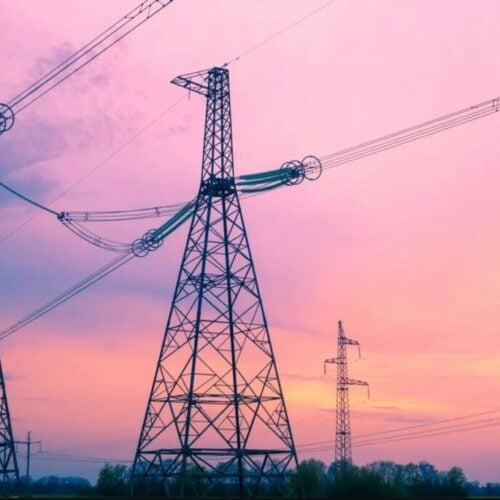Households across the UK are facing a fourth year of gas price increases, with annual energy bills set to rise by £600 from October, according to a report by the Energy & Climate Intelligence Unit (ECIU).
Meanwhile, the price cap is set to save households an average of just £17 this summer, in stark contrast to the looming hike at the tail end of the year. Fuelled by rising wholesale prices, the crisis could see average household energy bills reach £1,724 by October, a significant jump from a pre-crisis average of £1,150.
This surge in energy costs is expected to continue until at least October 2025, potentially adding an extra £2,600 to household energy bills during the period. The government’s financial intervention so far, which included spending £1,400 per home to mitigate the crisis’ impact, has done little to alleviate the financial strain on consumers.
Over-reliance on gas is costing UK consumers
The news highlights the UK’s over-reliance on gas and the volatile pricing of fuel, particularly as the increase will disproportionately affect households with poor energy efficiency. Homes rated EPC E or F will face the highest bills this winter. Homes rated E for gas and power are likely to experience bills of around £300 more than those for a typical home, while those rated F will likely pay around £500 more. The ECIU states that upgrading the energy efficiency of these homes could reduce bills by between £440 and £640 per year.
Dr Simon Cran-McGreehin, head of analysis at ECIU, said: “The UK’s high dependence on gas for electricity generation and heating has cost bill payers £2,000 so far during the gas crisis and the economy as a whole tens of billions of pounds. Common sense measures like investing in insulating the poorest homes, switching to electric heat pumps and fast-tracking British renewables will leave us less vulnerable to the whims of the international gas markets.
“North Sea gas output is declining, so unless we make the switch, we’ll be ever more dependent on foreign imports. The maths is clear when it comes to energy independence, new drilling licences are a sideshow making a marginal difference compared to the immense quantity of homegrown energy that offshore wind and other renewables can generate.”
The news follows Cornwall Insight’s Default Tariff Cap (price cap) forecasts for October to December 2024, which predicted a 10% rise in fuel bills compared to the previous cap.
Strategic shift to renewables urgently needed
In response to the crisis, many households have reduced their energy consumption to mitigate the price rises, potentially putting the occupants’ health at risk. National Energy Action data suggests that even when accounting for falling demand due to energy efficiency measures, households used 15% less gas and 10% less electricity in 2022 than before the energy crisis.
With data currently only available for the first nine months of 2023, the trend shows a 13% and 18% reduction in household gas and electricity demand, respectively, compared to the three years before the crisis.
Government intervention can offer households temporary relief, but the way forward is clearly a strategic shift to renewables in the long term, alongside continued incentives to install efficient heating technology, such as heat pumps, and subsidising widespread household energy efficiency improvements.






